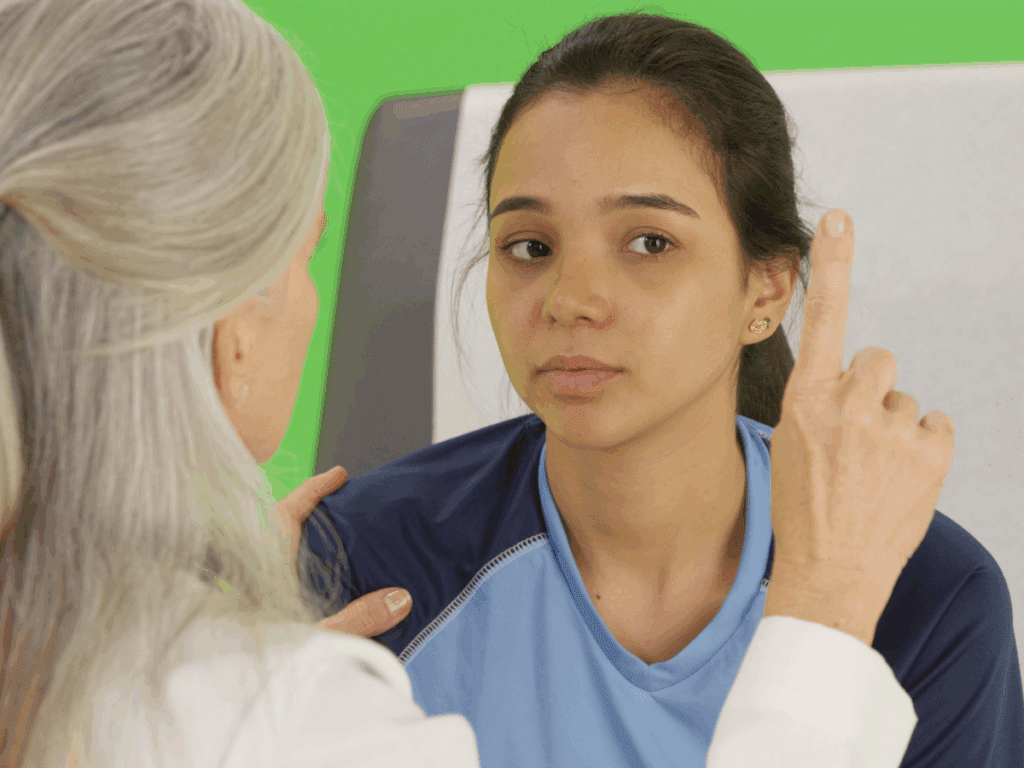Concussions in Sport: What Parents Need to Know About the Youngest Athletes

Each year in Canada, more than 200,000 athletes experience a concussion. The numbers are striking, and so is the fact that until recently, the youngest athletes were almost absent from research and public conversation about these injuries. Dr. Miriam Beauchamp is a professor at the University of Montreal, a researcher at Sainte-Justine Hospital, and Canada…
Back to school, back to movement
A Canadian study found that schools can boost student activity levels with simple supports. Access to equipment during the day, partnerships with public health, and dedicated staff time all helped teens meet national physical activity guidelines. This shows how schools can set the stage for healthier, more active school years.
Concussions and Confidence: Why Mental Readiness Matters in Recovery

For most of her career, Jen Kish was known as one of the best and most fearless female players in rugby sevens. She captained Canada’s women’s team to an Olympic bronze medal at the 2016 Rio Olympics. And, she also endured more than 30 concussions with only five of them formally diagnosed. “Your brain health…
Teaching body image in physical education classes
A recent review highlights ways to support positive body image among teens in secondary school physical education. One effective approach includes activities like yoga or mindful movement that help students reconnect with their bodies. These activities can encourage self-awareness and body appreciation through movement.
The positive impact of physical activity on health
A recent systematic review supports Canada’s 24-hour movement guidelines, which recommend a balanced mix of physical activity, sedentary behaviour, and proper sleep each day. The research found that moderate to vigorous physical activity offers significant benefits for mental health, heart health, body composition, and longevity, reinforcing the value of moving more each day for better…
Exercise snacks for busy days
Finding time for a full workout each day can be challenging, but meeting daily exercise guidelines is important for maintaining good health and overall well-being. To help people stay active during busy times, researchers have been exploring the use of “exercise snacks” or short bursts of movement or structured activities like walking that are spread…
2025 Canadian Guideline for Physical Activity, Sedentary Behaviour and Sleep throughout the First Year Postpartum
Menstruation and athletes
Conversations around menstruation are becoming more common in sport. According to the Empow’Her program led by France’s National Institute of Sport, Expertise, and Performance, female athletes may experience menstrual soreness, cramps, digestive disorders, bloating and increased tiredness during their periods. Since symptoms are different for each person, the impact on training will vary and require…
Physical activity for cognitive function
Want to supercharge your focus? Take a quick run! A recent study shows that short activity breaks can sharply boost attention, making them a game changer for staying sharp and engaged.
Promoting mental health help-seeking in athletes
Seeking help for mental health can be difficult for athletes, and researchers are trying to understand why. According to one study, challenges that many athletes face include limited access to mental health support and fear of judgement from others when seeking help. Having role models and teams that promote mental health can play an important…